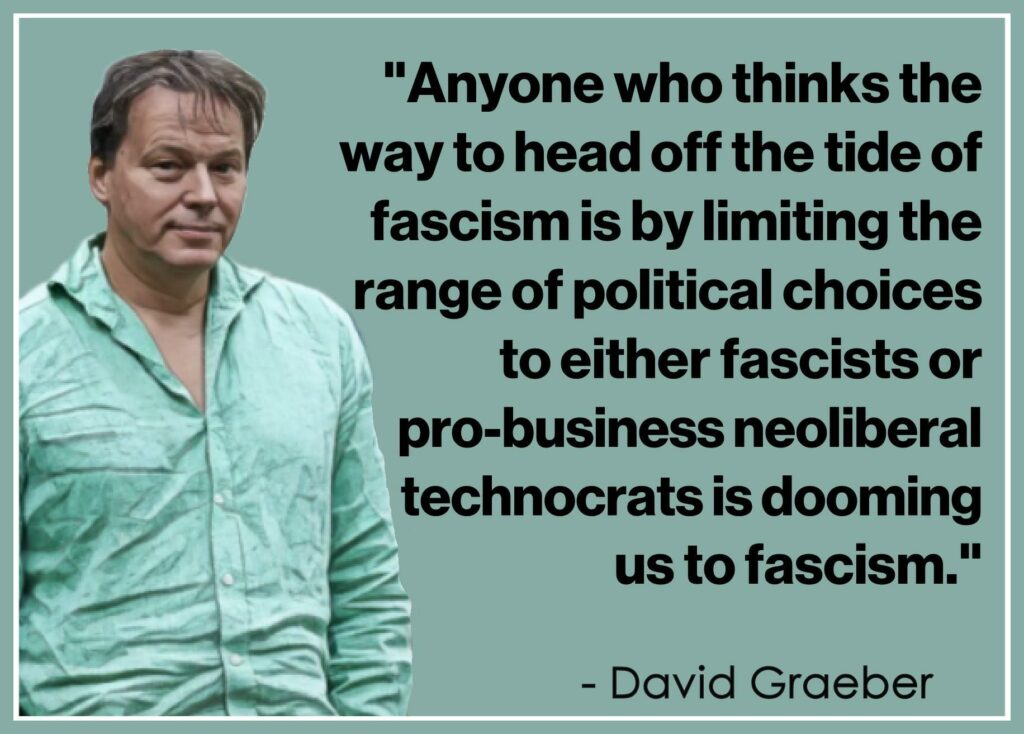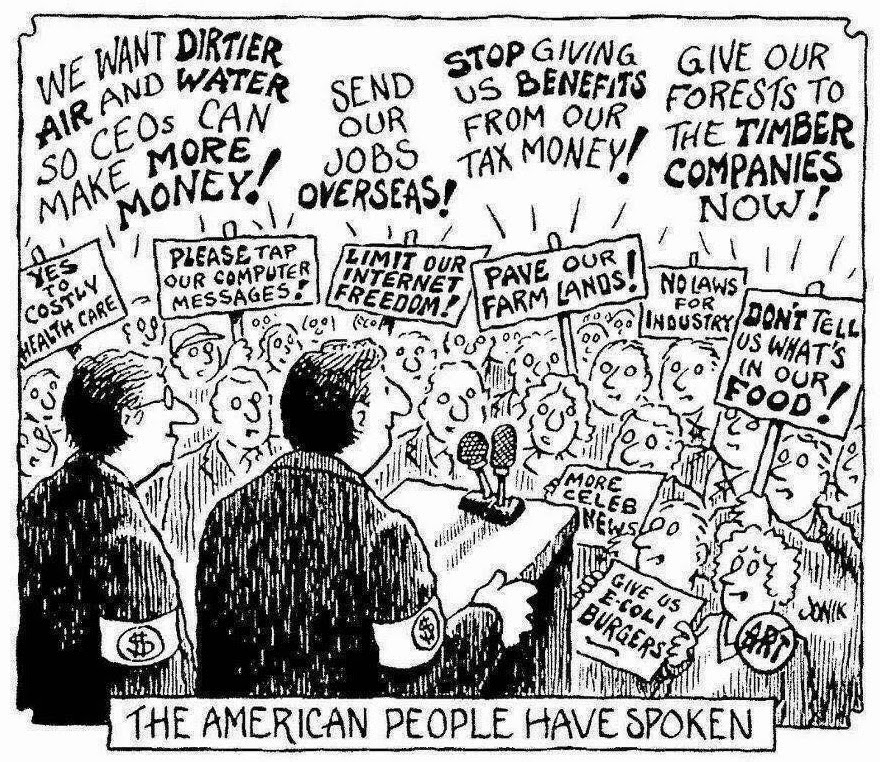The following submission was recorded by NLnet. Thanks for your application, we look forward to learning more about your proposed project.
Contact
name
hamish campbell
phone
email
hamish@visionon.tv
organisation name
OMN
country
UK
consent
You may keep my data on record
Project
code
2025-02-040
project name
Makeinghistory
fund
Commons_Fund
requested amount
€ 50000
website
https://unite.openworlds.info/Open-Media-Network/MakingHistory
synopsis
The MakingHistory project is a collaborative initiative to create a decentralized, participatory network for documenting and sharing grassroots movements, historical events, and underrepresented narratives. Rooted in the ethos of the #openweb and leveraging Fediverse technologies like ActivityPub, the project empowers communities to take control of their stories, ensuring they are preserved and amplified outside corporate-controlled paths.
The project focuses on enabling user-generated timelines, multimedia integration, and collaborative curation to document history in real-time or retrospectively. By prioritizing transparency, inclusivity, and grassroots participation, it provides tools for meany voices to be heard and for diverse perspectives to be shared. It combines modern federated tech with the collective spirit of earlier grassroots media movements.
experience
I have been involved in projects that align with the ethos and goals of the MakingHistory project, particularly through my work with Indymedia and the Open Media Network (#OMN).
Indymedia: Building the Foundations for Grassroots Media. I was an active participant in the global network, a pioneering grassroots media project launched in the late 1990s. Indymedia provided a decentralized platform for activists, communities, and independent journalists to report on issues overlooked by mainstream media. It was one of the first major digital efforts to democratize media creation and distribution, fostering participatory and collective storytelling. This work underpins much of the MakingHistory vision, highlighting the importance of grassroots participation, robust federated technologies, and transparent governance. I bring 20+ years of experience to this native path of open, community-driven initiatives, blending technical expertise with a deep commitment to empowering underrepresented voices. MakingHistory is the next step in a long journey to reclaim narrative power and ensure our collective history is preserved and accessible for future generations.
usage
The MakingHistory project’s requested budget is strategically allocated to ensure its success, focusing on building the infrastructure, fostering community engagement, and maintaining sustainable growth. Below is a breakdown of how the budget will be utilized, along with a discussion of funding sources:
Budget Allocation:
Technical Development: Platform Infrastructure: Funding will support server hosting, domain management, and storage for federated platforms that form the backbone of MakingHistory.
Software Development: Resources will be allocated to improving and customizing tools, the Federated Wiki and other ActivityPub systems to meet the project’s goals.
Testing and Maintenance: Ongoing efforts to ensure platform stability, security, and scalability as the user base grows.
Content Creation and Archiving: Collaborative Storytelling Tools: Developing features to empower communities to collaboratively document and share historical narratives, aligning with the MakingHistory vision. Digital Archiving: Ensuring long-term preservation of user-generated content, with open access to historical narratives and multimedia resources.
Community Engagement and Education: Workshops and Training: Organizing events and online sessions to onboard contributors and familiarize them with the platform and principles of decentralized storytelling. Outreach Campaigns: Promoting the project within the Fediverse and other relevant networks to build a diverse and engaged user base.
Administrative and Governance Support: Project Coordination: Supporting a small team to manage the day-to-day operations, oversee development, and facilitate community governance.
Documentation and Reporting: Creating transparent records of decision-making processes and project progress in alignment with the #4opens framework.
Contingency and Scaling: Allocating funds for unexpected challenges and ensuring the project can scale effectively as adoption increases.
Funding Sources: Past and Present: The project has drawn inspiration and lessons from prior initiatives like Indymedia and OMN, which were largely self-funded and supported through volunteer efforts. While MakingHistory does not currently have additional external funding sources, it builds on a history of successful resource pooling and community-driven contributions.
Key Historical Context: Indymedia relied heavily on grassroots funding models, including small donations from community members and solidarity events.
The Open Media Network (#OMN) has been developed on a minimal funding approach, emphasizing open-source collaboration and volunteer labor to maintain independence.
Future Plans: The project aims to diversify funding sources by: Pursuing small grants from organizations aligned with open culture and grassroots storytelling. Encouraging direct community contributions through crowdfunding campaigns and donation drives. Partnering with like-minded initiatives within the Fediverse to share resources and minimize overhead costs.
The budget will enable the project to blend technical excellence with grassroots participation, ensuring the MakingHistory network becomes a sustainable and impactful resource for communities worldwide. This path emphasizes independence and aligns with the principles of transparency, collaboration, and decentralization.
comparison
The MakingHistory project stands apart from traditional #NGO-funded efforts by addressing the systemic failures that have often plagued similar initiatives, while also building on the successes and lessons from historical grassroots and open-source projects.
Comparison of MakingHistory focusing on how it diverges from typical #NGO approaches and aligns with the ethos of the #openweb and #4opens principles.
Indymedia: Historical Example: Indymedia was a pioneering grassroots initiative that provided a decentralized platform for citizen journalism and activism during the early 2000s. It thrived on community-driven content and a federated approach to publishing. Strengths: Empowered local voices, operated transparently, and embraced grassroots values. Weaknesses: Over time, it struggled with sustainability, internal conflicts, and adapting to technological shifts, leading to fragmentation and decline. MakingHistory builds on Indymedia’s ethos of storytelling but modernizes the approach with ActivityPub based technology, collaborative wiki tools, and stronger focus on sustainability through decentralized governance.
Comparison with Typical #NGO-Funded Paths: Top-Down Structures: Many #NGO-funded media initiatives operate within rigid, hierarchical structures. Decision-making is centralized and driven by donor priorities rather than community needs. Result: This approach frequently alienates grassroots participants, undermining the authenticity and trust necessary for lasting impact. MakingHistory Difference: Operates on a bottom-up, decentralized governance model, allowing communities to shape their own narratives and priorities. It values trust and humanity over external control. Funding Dependency: #NGO projects are heavily reliant on external funding, which leads to shifts in focus, bureaucratic inefficiencies, and an overemphasis on metrics that satisfy donors rather than serving people. Result: Projects fail to adapt once funding dries up or priorities change, leaving behind fragmented and abandoned ecosystems.
Overemphasis on Professionalization: #NGO efforts prioritize professional content creation and institutional partnerships, sidelining grassroots contributors and reducing community engagement.
Result: The platforms may appear polished but lack genuine participation and long-term relevance to their target communities. MakingHistory Difference: Prioritizes participatory storytelling, encouraging communities to create and share their own historical narratives. The focus is on tools that are accessible to everyone, regardless of technical expertise.
Technological Approaches: Many #NGO-funded media projects adopt proprietary or siloed technologies, limiting interoperability and peoples autonomy. These systems tend to mimic corporate #dotcons paths, prioritizing control over collaboration. Result: This creates dependency on centralized systems, contradicting the principles of decentralization and the #openweb.
MakingHistory Difference: Built entirely on open standards and federated technologies like ActivityPub, ensuring interoperability and communerty control. It actively resists the commodification of user data and narratives.
Why Historical #NGO Paths Fail: Mission Drift: Over time, #NGO projects shift away from their original grassroots objectives due to donor pressure and institutional inertia. Lack of Community Ownership: Decision-making and content creation are often detached from the communities they aim to serve, resulting in low engagement and eventual obsolescence. Inability to Adapt: Tied to rigid funding cycles and institutional agendas, projects struggle to respond to changing technological and social landscapes.
Conclusion: The MakingHistory project avoids these pitfalls by embracing a grassroots-first approach, rooted in transparency, participation, and adaptability. It rejects the typical #NGO path of hierarchical control and funding dependency, focusing instead on empowering communities to collaboratively document their own histories. By leveraging modern federated technologies and the lessons of historical efforts like Indymedia and the #OMN, MakingHistory creates a sustainable and impactful #openweb native path that reflects the diversity and richness of grassroots storytelling. This path ensures the project remains relevant, resilient, and rooted #KISS
challenges
The MakingHistory project faces significant (social) technical challenges, many of which are intertwined with the development and implementation of overlapping initiatives such as the Ibis Wiki, Indymediaback, the Open Media Network (#OMN), and the Open Governance Body (#OGB). These challenges arise from the #KISS goal of creating a cohesive path that supports decentralized storytelling, collaboration, and governance while addressing the limitations of existing tools and technologies.
Key Technical Challenges: Seamless Integration of Federated Tools:
- The MakingHistory project will utilize ActivityPub to enable federated communication between platforms, such as wikis, blogs, and media repositories.
- Challenge: Ensuring compatibility and seamless data exchange across diverse platforms in the Fediverse, while maintaining high performance and user-friendly interfaces.
- Solution: Building upon the open standards demonstrated in Ibis Wiki, integrating its federated wiki approach with other #OMN tools for decentralized content creation and sharing.
Decentralized Content Management:
- Like Indymediaback, the project requires a robust system for managing decentralized content, including publishing, moderation, and archiving.
- Challenge: Implementing decentralized moderation and curation tools that respect user autonomy while maintaining trust and quality within the network.
- Solution: Leveraging mastodons dynamic federated design and adapting it for the needs of grassroots media communities.
Scalability and Resilience:
- The system must scale to accommodate growing user bases and diverse use cases, while ensuring resilience against platform failures or external attacks.
- Challenge: Designing systems that balance decentralization with scalability, ensuring reliable performance even in resource-limited environments.
- Solution: Building lightweight, modular tools inspired by existing Fediverse codebase and architecture, optimized for grassroots deployments. Most of the solutions already exist.
User Experience for Non-Technical Audiences:
- Engaging grassroots communities requires networks that are easy to use, even for people with limited technical expertise.
- Challenge: Simplifying complex federated technologies like ActivityPub into intuitive interfaces and workflows.
- Solution: Enhancing exiting fedivers codebase #UX usability to integrate accessible tools for storytelling and collaboration, making a practical path for community organizers and activists.
Interoperability Across Projects:
- The MakingHistory project shares common goals and infrastructure with Indymediaback, #OMN, and #OGB. Creating a unified codeing ecosystem.
- Challenge: Coordinating development across projects to avoid duplication, resolve conflicts, and maximize synergy.
- Solution: Developing shared APIs and data models, ensuring interoperability and a cohesive user experience across all initiatives.
Governance and Trust Models:
- Governance structures must align with #OGB principles of transparency, inclusivity, and grassroots control.
- Challenge: Implementing governance mechanisms that can operate effectively in a federated environment, balancing peoples autonomy with collective decision-making.
- Solution: Using the OGB framework to prototype and test governance models within MakingHistory, adapting them to meet the needs of federated storytelling communities.
Preservation and Archiving:
- As with Indymediaback, preserving the history created by people and commneties is essential for future generations.
- Challenge: Developing decentralized archiving methods that ensure content longevity without relying on centralized infrastructure.
- Solution: Utilizing distributed redundant storage solutions and metadata tagging for efficient archiving and retrieval.
Overlap and Synergies: The MakingHistory project serves as a bridge between Indymediaback, #OMN, and #OGB, leveraging shared infrastructure and principles:
- From Ibis Wiki: A federated, collaborative wiki system that lays the foundation for decentralized storytelling.
- From Indymediaback: Grassroots media publishing tools and workflows for content creation and moderation.
- From #OMN: A federated media ecosystem rooted in the #4opens principles of transparency, inclusivity, and collaboration.
- From #OGB: Governance models that empower communities to take ownership of their narratives.
By addressing these challenges, MakingHistory will provide an effective tool for documenting grassroots stories but also strengthen the broader ecosystem of decentralized and federated media, demonstrating a scalable, trust-based model for community-driven storytelling, simply put making history.
ecosystem
The ecosystem of the MakingHistory is rooted in the broader framework of the Open Media Network (#OMN) and the decentralized social web of the Fediverse. Combining principles of openness, decentralization, and grassroots engagement, MakingHistory creates a vibrant and interconnected path for collaborative storytelling and historical documentation. This ecosystem will leverage existing platforms, tools, and communities while fostering new connections to build a sustainable network for grassroots DIY media.
Ecosystem Overview, Core Components:
OMN: A federated media network built on the #4opens principles of open data, open source, open processes, and open standards. MakingHistory will integrate seamlessly with #OMN tools to allow decentralized content sharing and collaboration.
Fediverse: Using ActivityPub and other open standards, the project will connect with established platforms like Mastodon, PeerTube, WriteFreely, and Ibis Wiki to ensure compatibility and engagement across the decentralized web.
Grassroots Media: Building on the ethos of Indymedia, the project will provide tools for activists, journalists, and communities to document and share their history without reliance on centralized platforms or corporate control.
Key Actors: Grassroots Communities: Local organizations, activists, and storytellers who document and share their narratives. Fediverse Developers and Admins: Collaborating with developers and instance administrators to ensure technical interoperability and promote the project within the Fediverse. Allies in the FOSS Ecosystem: Engaging with free and open-source software projects that share the goals of decentralization and people empowerment. Educational and Historical Institutions: Partnering with groups interested in archiving and preserving grassroots stories for future generations.
Engagement Strategies
Community Outreach: Host workshops, webinars, and meetups within grassroots networks and Fediverse communities to introduce MakingHistory and its tools. Collaborate with existing activist networks to co-develop and test features that meet their specific needs.
Promotion on the Fediverse: Actively use Fediverse platforms like Mastodon and Lemmy to share updates, gather feedback, and engage with the wider decentralized social web. Publish guides and tutorials to encourage adoption by Fediverse users and admins.
Collaboration with Developers: Work with ActivityPub crew and SocialHub communities to align technical development with existing standards and best practices. Share code, documentation, and progress transparently on platforms like federated Git’s to invite contributions from the wider FOSS ecosystem.
Building Trust Through #4opens: Promote the project’s adherence to the #4opens principles to build trust and credibility among users and partners. Use open processes for decision-making and feature prioritization to ensure inclusivity and accountability.
Showcasing Outcomes: Develop case studies and success stories from pilot deployments to demonstrate the project’s impact and potential. Highlight how MakingHistory complements and extends the capabilities of existing Fediverse and #OMN tools.
Promoting Outcomes
Federation with Existing Tools: Integrate with platforms like Mastodon (for updates), PeerTube (for video storytelling), and WriteFreely (for blogs) etc to ensure content is accessible and sharable across the Fediverse. Collaborate with other #OMN initiatives, such as Indymediaback and OGB, to strengthen the ecosystem and amplify shared goals. Grassroots Campaigns: Encourage communities to create and share content, documenting local histories and movements, to build awareness and participation organically.
By nurturing a collaborative and inclusive ecosystem, MakingHistory amplifies the voices of grassroots actors and create a sustainable foundation for decentralized storytelling, aligned with the wider OMN and Fediverse vision #KISS



